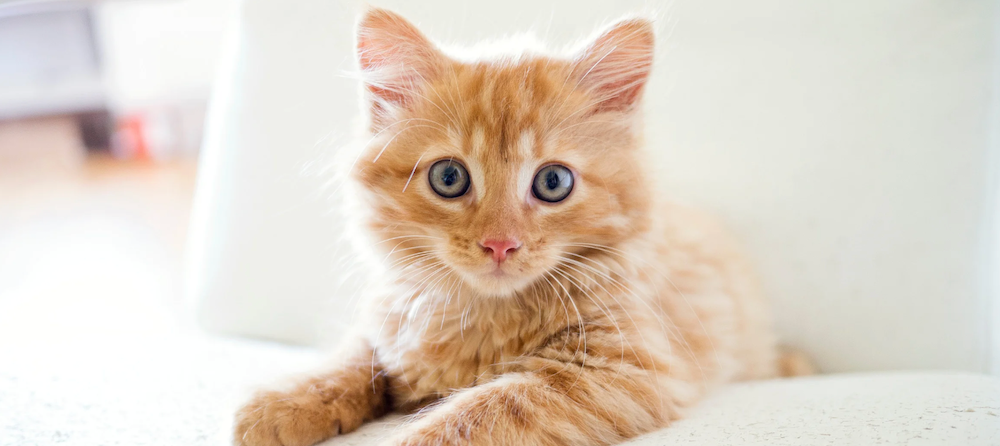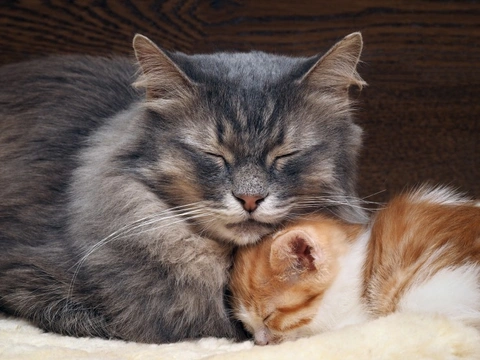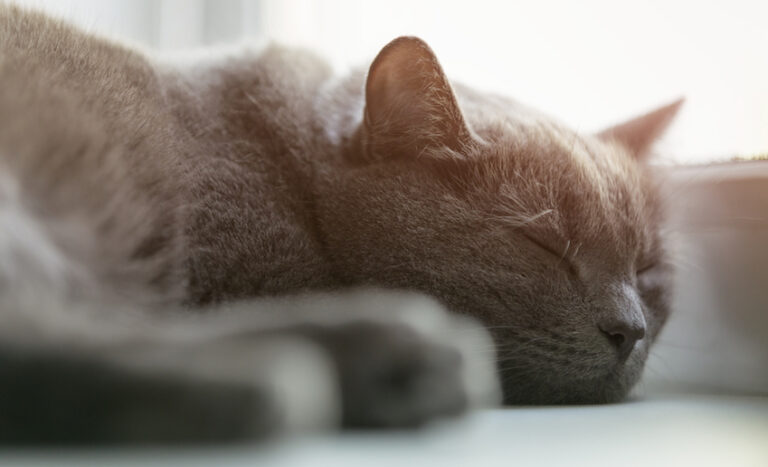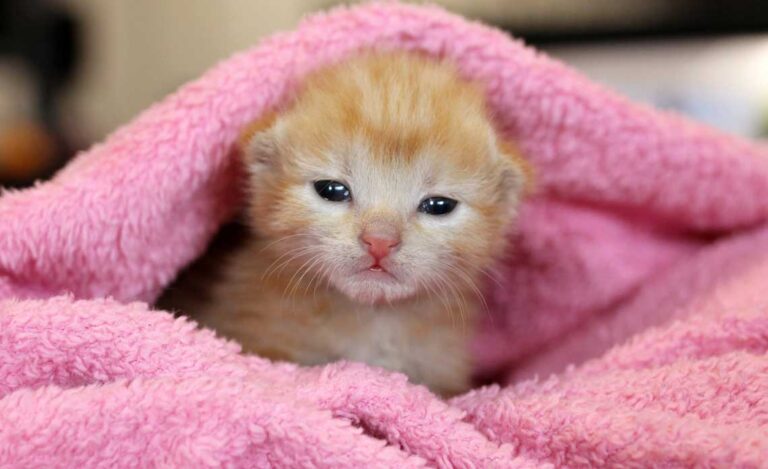Dealing with cat health challenges
Understanding Common Ailments: A Guide to Recognizing Cat Health Issues
Cats are known for their independence and aloof behavior, but even these self-sufficient creatures can experience health issues. As a responsible cat owner, it is crucial to be aware of common ailments that may affect your feline companion. By recognizing the signs and symptoms, you can take timely action and ensure your cat receives the necessary care.
One common health issue in cats is urinary tract infections. These infections can cause discomfort and pain for your furry friend. Keep an eye out for signs such as frequent urination, blood in the urine, or unusually strong-smelling urine. Another ailment to watch out for is dental disease, which can lead to gum infections, tooth decay, and even organ damage. Look out for signs like bad breath, difficulty eating, and pawing at the mouth. By being vigilant and observant, you can quickly identify these ailments and seek veterinary help, ensuring your cat’s well-being.
The Importance of Regular Veterinary Check-ups for Your Feline Companion
Regular veterinary check-ups are essential for the overall health and well-being of your feline companion. These routine visits provide an opportunity for your veterinarian to assess your cat’s physical condition, detect any potential health issues, and administer necessary vaccinations. By scheduling regular check-ups, you can help prevent and address potential health concerns before they become more serious and costly to treat.
During a veterinary check-up, your veterinarian will perform a thorough examination of your cat, including checking their vital signs, listening to their heart and lungs, and inspecting their coat, eyes, ears, and teeth. They may also recommend additional tests such as blood work or urinalysis to evaluate your cat’s internal health. Regular check-ups allow your veterinarian to establish a baseline of your cat’s health and monitor any changes over time, helping them to identify and address any developing health problems promptly. Don’t underestimate the importance of regular check-ups for your feline companion; they play a vital role in maintaining their health and ensuring a long and happy life.
Preventive Measures: Tips for Keeping Your Cat Healthy and Strong
Preventive measures play a crucial role in ensuring the overall health and well-being of your cat. Here are some essential tips to help you keep your feline companion healthy and strong. First and foremost, providing a balanced diet is of utmost importance. Ensuring that your cat receives proper nutrition will help strengthen their immune system and prevent various health issues. Consult with your veterinarian to determine the right type and quantity of food suitable for your cat’s specific needs.
In addition to a proper diet, regular exercise is essential for maintaining your cat’s health. Encouraging physical activity not only helps them stay fit but also prevents obesity, a common health concern among cats. Simple ways to keep your cat active include playing with interactive toys, providing climbing structures or scratching posts, and setting aside dedicated playtime each day. Engaging in activities with your cat will not only strengthen your bond but also contribute to their overall well-being.
Navigating Dietary Challenges: Choosing the Right Food for Your Cat’s Well-being
Choosing the right food for your cat plays a crucial role in ensuring their overall well-being. Cats are obligate carnivores, which means they require a diet that primarily consists of meat. When selecting cat food, it is essential to read the labels carefully and look for high-quality ingredients. A diet that includes a balance of protein, fats, and carbohydrates will help meet their nutritional needs. Avoid foods that contain excessive fillers or artificial additives, as they offer little to no nutritional value and may lead to various health issues in the long run.
Additionally, considering your cat’s life stage is vital when choosing the right food. Kittens, adult cats, and senior cats have different nutritional requirements, so it is crucial to select a food that is specifically formulated for their age group. Consult with your veterinarian to determine the appropriate type and amount of food to feed your cat based on their unique needs. Remember, a well-balanced diet not only supports your cat’s physical health but also contributes to their overall vitality and longevity.
The Role of Exercise in Maintaining a Healthy Cat: Simple Ways to Keep Them Active
Physical activity plays a vital role in maintaining the overall health and well-being of our feline companions. Regular exercise helps to prevent obesity, improve cardiovascular health, and promote mental stimulation. To ensure a healthy and active lifestyle for your cat, it is important to incorporate simple ways of keeping them physically active.
One effective way to encourage exercise in cats is through interactive play. Engaging in play sessions with your cat using toys, such as feather wands or laser pointers, can be both mentally stimulating and physically demanding. This not only provides an outlet for their natural hunting instincts but also strengthens their muscles and improves coordination. It is recommended to set aside dedicated playtime each day to ensure your cat gets the exercise they need to stay fit and healthy.
Managing Chronic Conditions: Strategies for Supporting Cats with Long-term Health Issues
Chronic conditions can be challenging to manage in cats, requiring long-term support and specialized strategies to ensure their well-being. Providing proper care and attention is essential for cats with these health issues, as it can significantly improve their quality of life. One crucial aspect of managing chronic conditions is medication management. Administering medications correctly, as prescribed by the veterinarian, is crucial to managing symptoms and preventing further complications. It’s vital to follow the recommended dosage and timing for each medication, ensuring that your furry friend receives the necessary treatment consistently.
In addition to medication management, creating a comfortable and stress-free environment for your cat is crucial. Cats with chronic conditions often require a calm and peaceful space to relax and heal. Minimizing environmental stressors such as loud noises, sudden changes, or overcrowding can positively impact their overall well-being. Consider creating a designated area in your home where your cat can rest and feel safe, providing them with a cozy bed, toys, and familiar scents. Additionally, implementing regular grooming routines can help alleviate discomfort, especially for cats with chronic skin conditions. Gently brushing their fur and maintaining proper hygiene can contribute to their overall health, preventing further complications and discomfort.
Mental Health Matters: Recognizing and Addressing Stress in Cats
Many people may not realize it, but just like humans, cats can also experience stress. Cats are sensitive creatures and can become stressed due to a variety of factors, such as changes in their environment, lack of social interaction, or even illness. Recognizing the signs of stress in cats is crucial in order to address the issue and ensure their well-being.
One common sign of stress in cats is a change in their behavior. If your usually friendly and sociable cat suddenly becomes withdrawn or aggressive, it could be a sign that they are experiencing stress. Other behavioral changes to look out for include excessive grooming, loss of appetite, or even eliminating outside of their litter box. It’s important to remember that these signs can also be due to other health issues, so it’s always a good idea to consult with a veterinarian to rule out any underlying medical conditions.
Maintaining Good Oral Hygiene: How to Care for Your Cat’s Teeth and Gums
Cats rely on their teeth and gums for a variety of essential functions, such as eating, grooming, and defending themselves. Maintaining good oral hygiene is crucial to ensuring their overall health and well-being. Here are some simple steps you can take to care for your cat’s teeth and gums.
Firstly, regular toothbrushing is key. Just like humans, cats need their teeth brushed daily to remove plaque and prevent tartar buildup. However, it is important to note that you should never use toothpaste intended for humans on your feline companion, as it can be toxic to them. Instead, use toothpaste specially formulated for cats, which is safe to swallow. Start by getting your cat familiar with the taste and texture of the toothpaste, then gradually introduce a soft-bristled toothbrush into their routine. Gently brush their teeth in small, circular motions, focusing on the outer surfaces. Be patient and use positive reinforcement to encourage cooperation.
Why is it important to maintain good oral hygiene for cats?
Maintaining good oral hygiene is crucial for cats to prevent dental diseases such as tartar buildup, gum disease, and tooth decay. These conditions can lead to pain, difficulty eating, and even systemic health issues.
How often should I brush my cat’s teeth?
Ideally, you should aim to brush your cat’s teeth at least two to three times a week. However, even brushing once a week can significantly improve oral hygiene.
Can I use human toothpaste to brush my cat’s teeth?
No, you should never use human toothpaste on cats. Human toothpaste contains ingredients that can be toxic to cats if ingested. Instead, opt for toothpaste formulated specifically for cats.
My cat refuses to let me brush their teeth. What should I do?
If your cat is resistant to teeth brushing, you can try gradually introducing them to the process. Start by gently massaging their gums with your finger and gradually introduce a cat toothbrush or finger brush. Alternatively, consult your veterinarian for alternative oral hygiene options.
Are there any dental treats or toys that can help with my cat’s oral hygiene?
Yes, there are dental treats and toys available that can help promote good oral health in cats. Look for products that are specifically designed to remove plaque and tartar, but make sure to choose those that are safe and appropriate for your cat’s age and size.
When should I take my cat to the veterinarian for a dental check-up?
It is recommended to take your cat to the veterinarian for a dental check-up at least once a year. Regular dental exams can help detect any dental issues early and prevent them from worsening.
What are some signs that my cat may have dental problems?
Some common signs of dental problems in cats include bad breath, drooling, swollen or bleeding gums, difficulty eating, pawing at the mouth, and a change in appetite or behavior. If you notice any of these signs, it is important to consult your veterinarian.
Can I use mouthwash or dental rinses for my cat’s oral hygiene?
No, you should not use mouthwash or dental rinses that are made for humans on cats. These products can contain ingredients that are toxic to cats if ingested. Stick to cat-specific dental products recommended by your veterinarian.
Are there any natural remedies to improve my cat’s oral hygiene?
While there are some natural remedies that can help promote oral hygiene in cats, it is important to consult with your veterinarian before using them. Some options include adding certain foods or supplements to their diet, using herbal mouth rinses, or providing dental-friendly chew toys.
Can dental issues in cats be prevented entirely?
While it may not be possible to prevent dental issues entirely, maintaining good oral hygiene through regular brushing, providing dental-friendly treats and toys, and regular veterinary check-ups can significantly reduce the risk of dental problems in cats.







